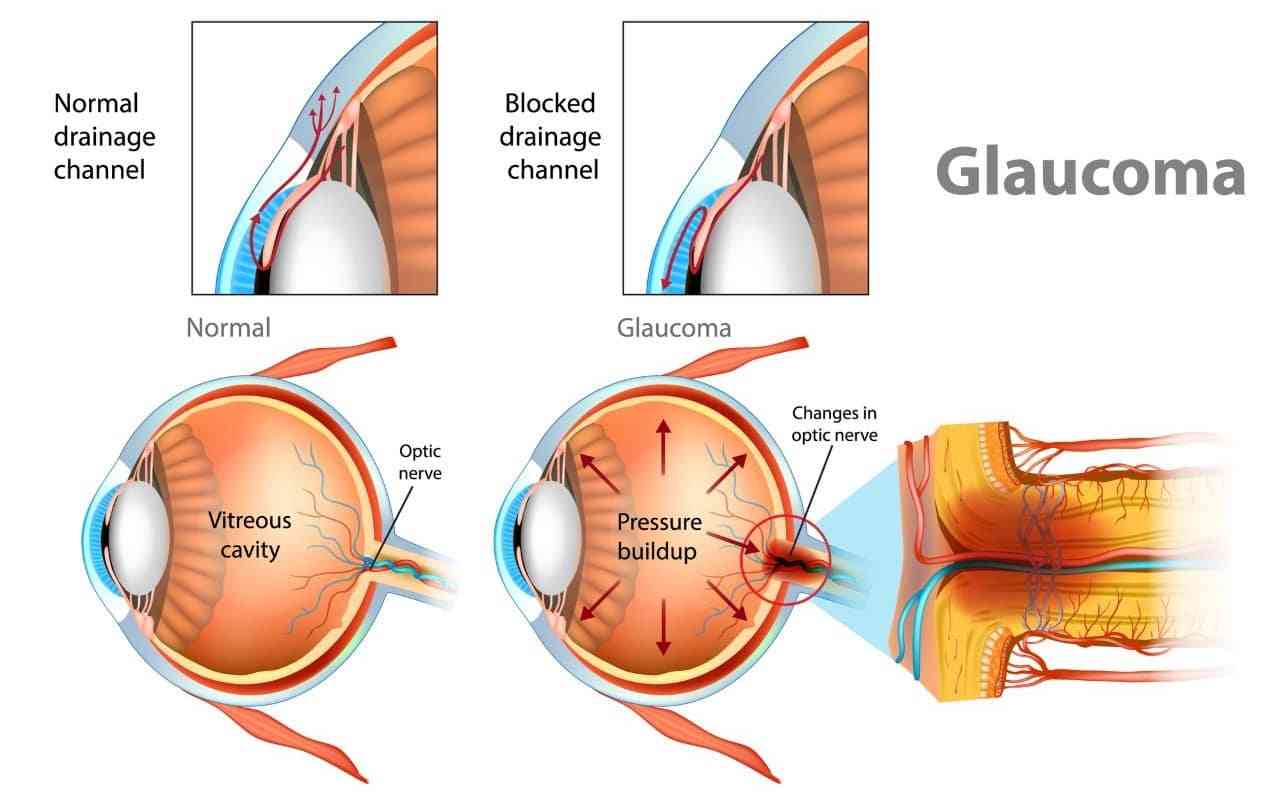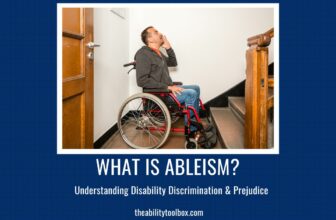
I teach a class in creative writing at my local psychiatric hospital. My patients come from many backgrounds and have many diagnoses. But now doing this for three years, I have never come across someone who couldn’t benefit in some way from writing.
Sometimes I will ask a person if they have written poetry before, and they will say something like: “No, I’m not a poetry person.”, or “I’m not very good at poetry.” I will respond with a simple question.
“Oh, how many poems have you written?”
They will often mumble out that they have never written one.
I am amazed at how people can be so sure they can’t write poetry when they have never tried. Poetry, like so many skills, is something that can be taught and something you will improve at if you apply yourself to it over time. The other thing I like to remind those who don’t see themselves as ‘poetry people’ is that poetry is very popular, especially among young people, in the form of popular songs.
There are so many reasons that writing will benefit your mental health. Here are six of them:
1. Keep a journal.
To get started with encouraging my students to try writing, I like to talk about something I did years ago when I first wanted to become a writer. It was simply keeping a journal. A journal is something that will benefit your writing and also benefit your mental health. A journal is a safe space to experiment with words, to save phrases you hear that you really want to use later. It can also be a best friend to confide your deepest feelings.
Of course, it is important that you keep these words safe from others. Find a way to safely hide your journal when not using it. I also recommend putting a note on the first page that says, “You have entered the private journal of ____ please do not read further but return the journal to ___ immediately.” Sadly, there are a few younger brothers out there who don’t heed warnings like this, giving you even more reason to be careful with your journal.
You can also keep a digital journal on your computer or phone, or try audio or video journaling if typing is difficult for you.
2. Try creative writing such as poetry or short stories.
If you aren’t taking a class in creative writing, you can use your journal to practice writing poems, songs, even short stories. I have written three short story books, and nearly every story began with me writing dialogue in my journal/notebook that I later adapted into a short story. Part of my journaling practice is blogging, and for a long time, I pushed myself to write an original poem with each of my blog entries. After a few months, I found I was able to curate the poems I had written and put them into a collection that people were eager to buy. Writing like this, and I would say any form of creative writing, helps people to express their innermost thoughts in a safe way.
One of the best ways to start is to brainstorm. Take a blank page and write down a theme or an idea and then circle it and draw “branches” from your main topic. Under each branch, write another subject that relates to your original idea that you can again circle and draw branches from. Use colored felts if you can, or draw pictures when it helps. Soon you will have too many ideas to write about. Then you can start really creating, which will engage you, take you away from any problems you may be having, and put you in a positive headspace.
Some free resources for creative writing are as follows:
- You can take a Gale course in creative writing from your local library (ask your librarian)
- You can use a free online rhyming dictionary and thesaurus to help you write poems at www.rhymezone.com
3. Write your own story.
If you are a person struggling with a disability, especially a mental health disability, it can be extremely important that you write your own story. I feel that everyone should write their own story, or memoir/autobiography so that when they are gone from their loved ones, their life story and family history are preserved. I had the sad experience of losing my dad a few months ago, and he left behind letters he had written. It was an incredible experience to be able to see them, to understand finally why my dad acted certain ways. It really made me love him more. I ended up wishing he had written down his whole life story because my dad was a great storyteller. As kids, we would press him to tell us ghost stories from his home country of Denmark, and as adults, he always seemed to have a story to tell that could teach us something or help him to make a point. I honestly feel if my dad had written a memoir, it would have been easier to say goodbye to him because a part of him would live on with us.
4. Write letters — on paper!
The next form of writing I suggest that people with mental health issues do is writing letters. I suppose emails are much easier and more practical, but there is something to be said about the power of a handwritten, physical letter.
One of the more powerful letters I ever wrote was a simple list. I typed it up on a computer in a psychiatric hospital, found a way to print it, and then gave it to my psychiatrist. The list was simply a few things I wanted to be done differently with my treatment and a name of a medication I wasn’t getting that I thought would help. When I gave it to my doctor, he had been acting under the impression that I was just an angry, bitter, barely functioning psychiatric patient. After he saw the letter, he understood that I was a human being in a bad situation and that I had a lot of intelligence and ability that went beyond the mistaken picture the staff had of me.
Another letter I remember writing was to my dad, a long time back. I was having some trouble. Police were bothering me and accusing me of something I wasn’t guilty of. My dad helped me to get a lawyer and went to the appointment with me. I suddenly realized that my dad knew me better than the police did, and my dad was going to be there for me even if I had committed this crime. In that dark moment (which ended up being worked out eventually) my dad was just about my last friend on earth, and he really cared for me and loved me, regardless of whether I had anything to do with the crime or not. I wrote him a letter explaining how much that meant to me and how hard things had been since I developed a mental illness, and from then on, my dad and I were just as close as we had been when I was a young boy. Letters are powerful.
5. Writing can be a great flexible job or side gig for people with mental health conditions.
If you keep writing, and keep developing your skills, there is a chance you can make some part-time income from your writing. One of the best ways to do this is to take a course, but you can also start by joining a local writing group.
After some Internet searching, I found an agency in my area that puts together writing classes and retreats, and even sponsors contests. Try using Google to find “writer’s circles” or “writing workshops.” There are so many in the city I live in I have had to stop going to some of them. One is a poetry group where each person reads their poem to the group (online during the pandemic) and the group members share as much positive and helpful feedback as possible. I got my start in performing poetry from a group called “Breath in Poetry” which put on a poetry slam at a great pizza restaurant. Later, I tried going to a “Story Slam” which I found to be even more fun and more suited to what I like to do. I met many like-minded people there, and I even won three competitions.
My best suggestion is to get involved with the writing community in your area, or online if you are unable to access what you find and start entering contests. There is one contest put on by “Writer’s Weekly” four times a year where you get a writing prompt and then have 24 hours to write a short story of a certain length based on the prompt. I carefully read all the past winners and prepared myself as much as possible for one of the contests. To my great surprise, I won $300 US for first place. This is not to say I just waltzed in and started winning contests. I sent out a lot of submissions and was rejected many, many times. But I started to really love the process of creating, which also gave me a good deal of confidence.
Later in my writing career, I started seeking out places to send writing about mental health and found some magazines that paid me well to write on the topic. The best part is when someone reads your work and is impressed by your writing ability or your willingness to share your story and they are helped by it. Another place I would suggest someone with a mental health disability or anyone from a marginalized group go to is “The Op-ed Project”. I took two of their courses, which they allowed me to take on scholarship (meaning it cost me very little) and they taught me how to write opinion articles. A lot of the opinion articles I wrote after that were unpaid but led to opportunities like being interviewed on the radio about mental health and what I feel needs to be done to help the homeless. There is a world of opportunities out there for someone who has a desire to become a writer. And I should note if you live in the US, it is much easier to write paid Op-ed articles.
6. Use writing to manage your mental health and track your physical fitness.
Use a notebook (I buy my notebooks at the dollar store) to keep track of how you are feeling mentally and physically each day, what foods you eat (especially if you have a need to go on a healthier diet, have diabetes, or are trying to lose weight), and what exercises or physical activities you did. I really love my Fitbit watch because it counts my steps and monitors my heart rate, but it should be used in conjunction with keeping track of your overall health, diet, and exercise, not instead of it.
For this type of writing, a small calendar/agenda with a full page for each date that fits in your pocket can be a great tool. I feel the best thing a person can do is to get the advice of a doctor or dietician as to how best to structure your diet, then track what you eat. You may only have to keep a food journal for one month if you are able to get into the habit of eating right. You will be surprised to see just how much you eat that can be replaced with healthier foods, especially if you eat out a lot. I don’t suggest anyone who is overweight should go on a starvation diet, or that one diet or exercise plan is better than another. The smartest advice I received was to simply take a plate and divide it in half, fill half the plate with green vegetables, then divide the remaining half between protein and carbs. The exercise advice I got was to get three hours of cardio a week. Just get your heart moving — a brisk walk, a swim, a few sessions on an exercise bike. When I started doing that, my health drastically improved. Writing down what you accomplish each day will help you reach whatever health goals you set.
Writing is a powerful tool. I still look back on my high school days and think of all the things I worked so hard to learn that don’t apply to my life. But the simplest class I took, typing, was perhaps the most beneficial. When we can write down our thoughts and feelings, and express our emotions, we have a friend we can always turn to. When we use writing to express ourselves to others through some form of art like songs put to music or writing stories, we have a way to let others into our lonely shell we call the human soul/body. When we use our writing abilities to reach out to others, whether they are doctors or family members, or romantic partners, we use a powerful tool that can work miracles. Writing can also be an excellent way to plan our lives so we get the most out of it, or even a way to mass communicate through writing articles, stories, or even books.
Writing is perhaps the greatest gift we have, so I hope you use it to make your life and the lives of those around you better!
Leif Gregersen is an author of fiction and non-fiction, and has published 12 books, of which 4 are poetry collections, 3 are short story collections, 2 are short novels, and 2 are memoirs of his life experience with mental illness.








